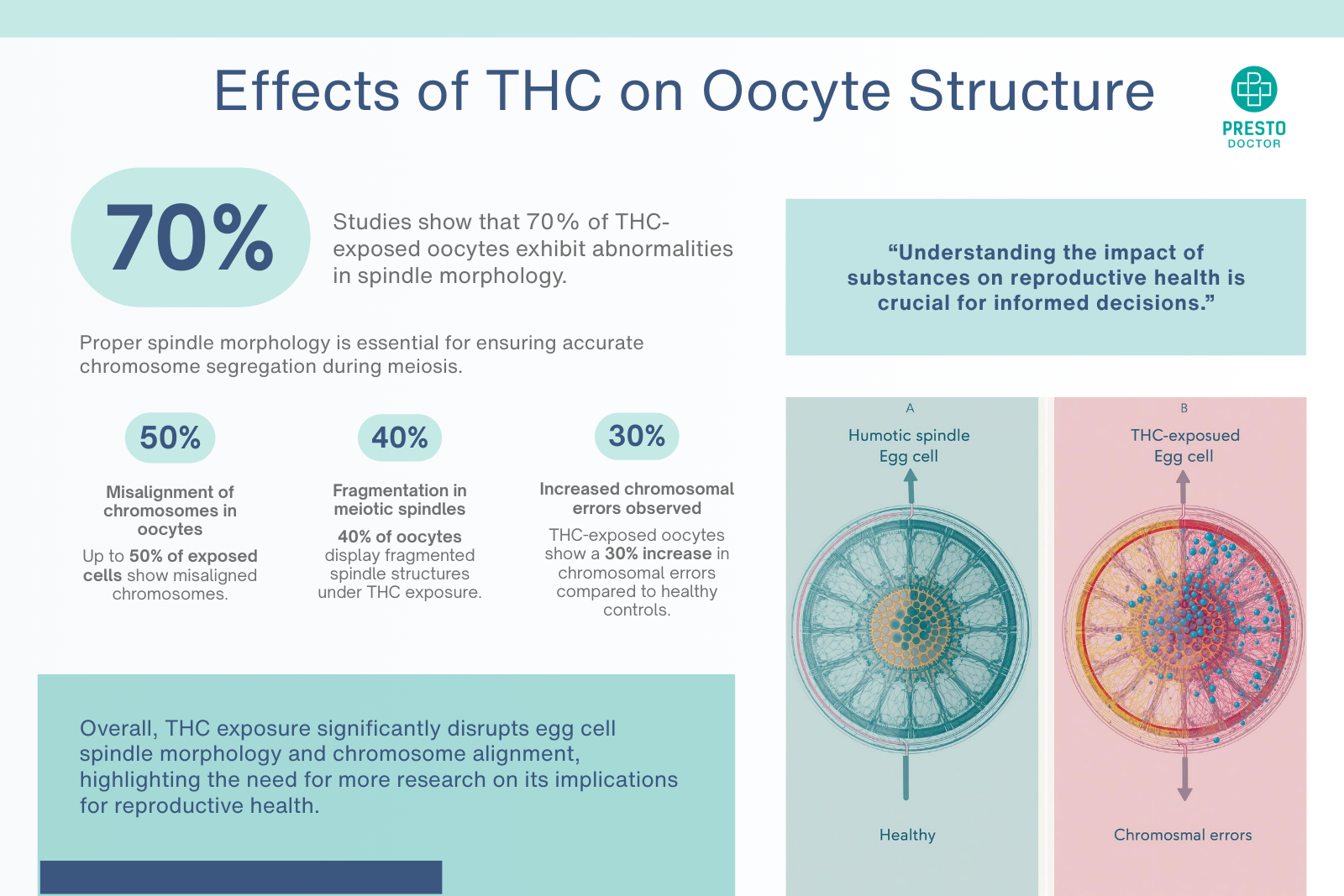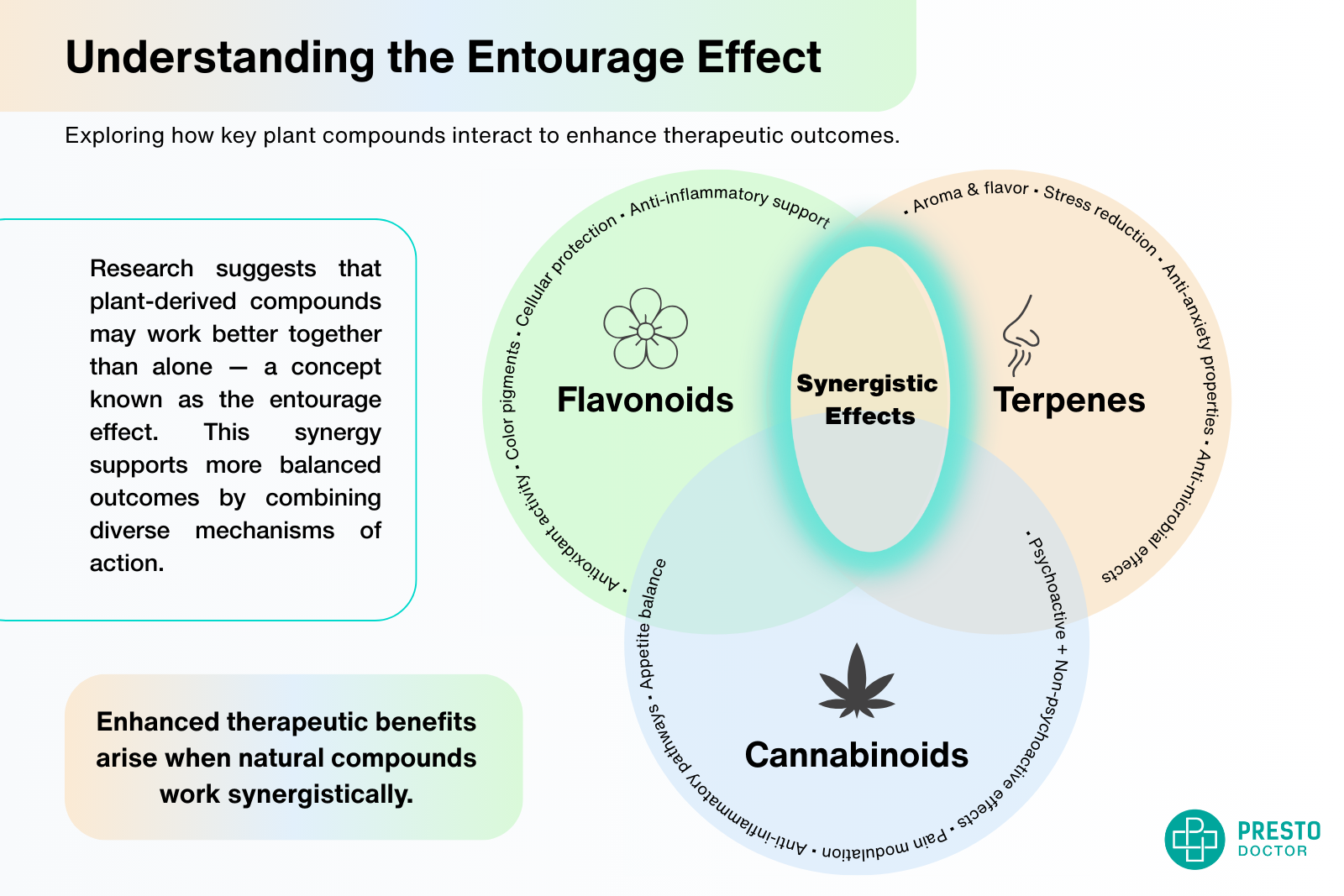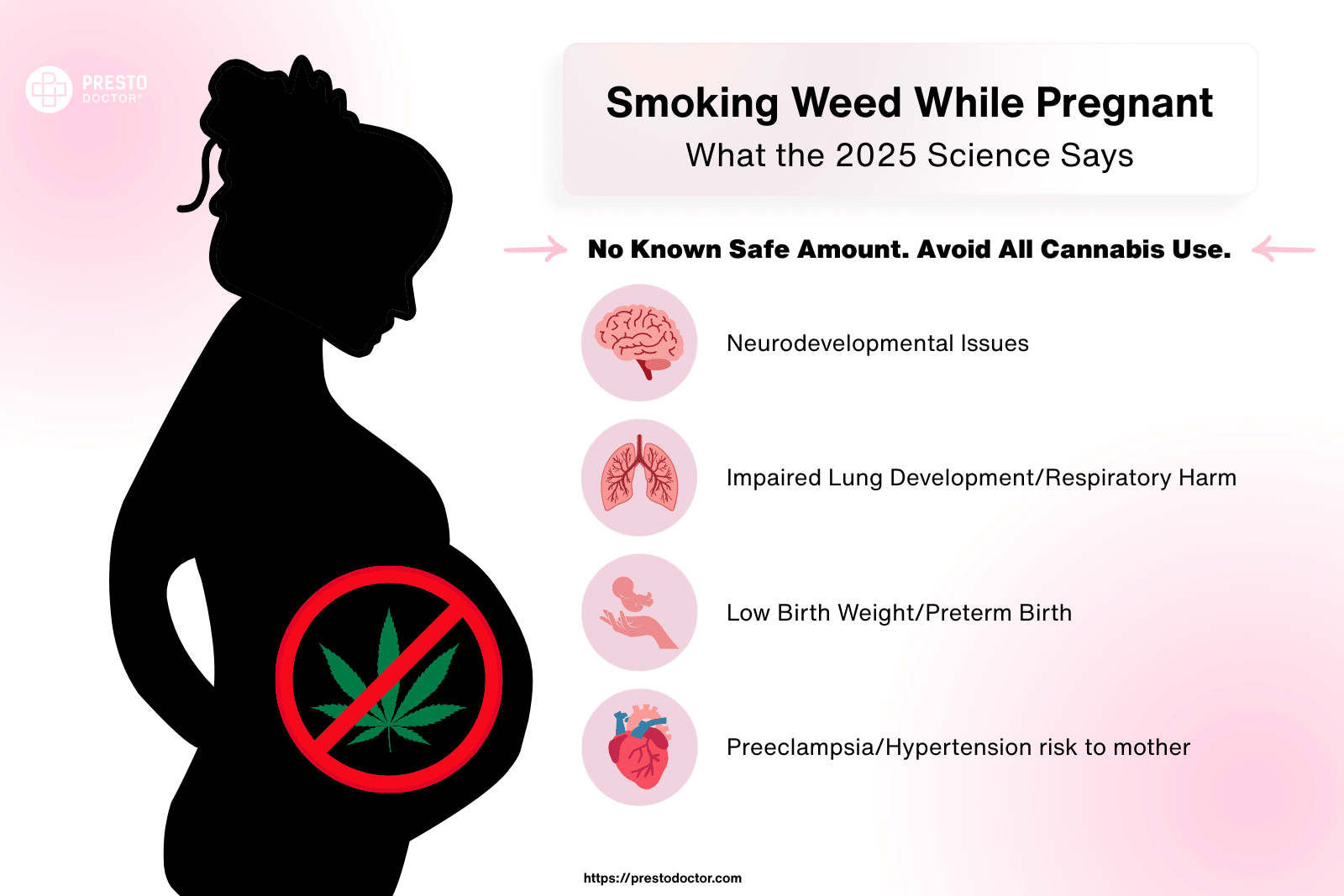
HHC vs THC: Key Differences, Effects & Benefits Explained
The world of cannabinoids is vast, with THC and HHC gaining significant attention for their potential health and recreational benefits. As consumers seek more information on HHC vs THC, understanding the differences and similarities between these two cannabinoids becomes crucial. This article explores their effects, uses, legalities, and more to help you make an informed decision about which cannabinoid suits your needs, whether you’re after a mild high or therapeutic relief.
What Are Cannabinoids?
Cannabinoids are natural compounds in the cannabis plant that interact with the body’s endocannabinoid system (ECS). The ECS regulates several critical functions such as mood, appetite, sleep, and immune response. While THC and CBD are the most well-known cannabinoids, there are over 100 others, including HHC, which is now emerging in the wellness industry.
The Endocannabinoid System (ECS)
The ECS comprises receptors called CB1 and CB2, which bind with cannabinoids to maintain bodily balance. CB1 receptors are located in the brain and central nervous system, playing roles in mood, memory, and pain sensation. CB2 receptors are mostly in peripheral organs and cells, impacting immune response and inflammation. The interaction between these receptors and cannabinoids results in the various effects that cannabis products have on the body.
What is THC?
THC (Tetrahydrocannabinol) is one of the most well-known and researched cannabinoids found in cannabis. It is primarily responsible for the “high” sensation that comes with marijuana use. Delta-9 THC, in particular, is the active compound that interacts with CB1 receptors in the brain, leading to psychoactive effects like euphoria, altered perception, and relaxation.
Types of THC
There are multiple forms of THC, including Delta-9, Delta-8, and Delta-10, each with varying psychoactive effects. Delta-9 is the most potent and widely used form, especially in medical cannabis. Delta-8 and Delta-10 provide a less intense high but are gaining popularity for their more balanced effects and legal status in some states.
What is HHC?
HHC (Hexahydrocannabinol) is a lesser-known cannabinoid that has recently garnered attention due to its similarities to THC. HHC is typically derived from hemp through a process called hydrogenation, where hydrogen molecules are added to the THC structure. This process makes HHC more chemically stable than THC, which degrades over time when exposed to light and air.
Although HHC is structurally similar to THC, it is not naturally abundant in cannabis plants and is often lab synthesized. As a result, its psychoactive effects are milder, making it an attractive option for users seeking less intense highs.
HHC vs THC: Key Differences
The most notable difference between HHC vs THC lies in their psychoactive potency. While THC is known for its strong psychoactive effects, HHC provides a more subtle and balanced experience. Many users describe HHC’s effects as clear-headed and less likely to induce anxiety or paranoia, common side effects of higher THC doses.
HHC is also more chemically stable than THC, meaning it has a longer shelf life. This makes HHC products appealing in markets where THC products may face issues with longevity.
Psychoactive Effects: HHC vs THC
When comparing HHC vs THC effects, THC produces stronger psychoactive effects due to its direct interaction with CB1 receptors in the brain. This interaction leads to sensations of euphoria, relaxation, and altered sensory perception. However, HHC offers a milder, more balanced high that is often preferred by those who wish to avoid the intense cognitive impairment sometimes caused by THC.
Side Effects of THC
THC’s side effects are well-known and include dry mouth, red eyes, increased appetite, and drowsiness. Higher doses may lead to anxiety, paranoia, and even hallucinations in some users. Long-term use can result in dependence, impaired memory, and concentration issues.
Side Effects of HHC
While research on HHC is still limited, users have reported side effects similar to THC, such as dry mouth and red eyes. However, these effects are generally milder and less frequent compared to THC. HHC’s long-term safety is still being studied, but its milder nature makes it an appealing option for users seeking fewer psychoactive effects.
Therapeutic Potential of THC vs HHC
Therapeutic Potential of THC
THC has been extensively studied for its therapeutic benefits, particularly in pain management, reducing inflammation, and alleviating nausea and vomiting. It’s often helpful for patients undergoing chemotherapy or suffering from chronic pain conditions like arthritis or multiple sclerosis. THC can also improve sleep in individuals with insomnia, thanks to its muscle-relaxant properties.
FDA-Approved THC Products
Several THC-derived medications are FDA approved, including Marinol (Dronabinol), which can treat nausea in cancer patients, and Sativex, a cannabis-based spray that can help with symptoms of multiple sclerosis. These products highlight THC’s established medical applications.
Therapeutic Potential of HHC
While HHC hasn’t been studied as extensively as THC, preliminary reports suggest that it may have similar therapeutic properties. Its milder psychoactive effects make it a preferable choice for individuals seeking pain relief, anxiety reduction, or anti-inflammatory benefits without the intense high associated with THC.
Safety of HHC vs THC
Both HHC and THC share similar side effects, though the intensity varies. THC can have potent psychoactive effects, and high doses can lead to anxiety, paranoia, or confusion. HHC, on the other hand, offers milder effects, with fewer instances of anxiety or paranoia reported.
Since HHC is still relatively new, there’s limited research on its long-term safety. Consumers should be cautious when purchasing HHC products due to potential safety concerns, particularly in the unregulated synthetic production process.
Legality: HHC vs THC
Legality of THC
The legal status of THC varies significantly across the globe and even within the U.S. Federally, THC is still classified as a controlled substance, though many states have legalized cannabis for medical or recreational use. THC is highly regulated, with its sale restricted to licensed dispensaries.
Legality of HHC
HHC occupies a legal gray area. Since it is derived from hemp, which was federally legalized under the 2018 Farm Bill, HHC products are often considered legal if they contain less than 0.3% THC. However, its synthetic nature has raised concerns, and some states have begun regulating or banning synthetic cannabinoids like HHC.
Product Availability: HHC vs THC
THC Products
THC products are widely available in areas where cannabis is legal for medical or recreational use. Dispensaries offer a wide range of THC-rich products, including flowers, edibles, tinctures, and vape cartridges. Common THC products include:
- Edibles: Gummies, chocolates, beverages
- Vaporizers: THC vape cartridges
- Concentrates: Shatter, wax, oils
- Topicals: THC-infused creams
HHC Products
HHC products are newer to the market but growing in availability. Retailers now offer HHC in forms similar to THC, such as edibles, tinctures, and vape cartridges. Common HHC products include:
- HHC Edibles: Gummies, capsules
- HHC Vapes: Vape cartridges
- HHC Tinctures: Oil drops for sublingual use
- HHC Topicals: Creams for localized effects
HHC vs THC: Which is Right for You?
Choosing between HHC vs THC depends on your personal preferences, health goals, and tolerance for psychoactive effects. THC is the better choice if you’re seeking a stronger high or specific medical benefits like pain relief and appetite stimulation. On the other hand, HHC might be a better option if you want a milder, more balanced experience without the intense psychoactivity of THC.
For individuals who are sensitive to THC or live in areas where THC is regulated, HHC provides a legal alternative with similar therapeutic benefits.
FAQs about HHC vs THC
1. Is HHC a safer alternative to THC?
There isn’t enough research yet to conclusively determine whether HHC is safer than THC, but it does have milder psychoactive effects.
2. Does HHC show up on a drug test like THC?
Yes, HHC can potentially show up on drug tests, particularly those testing for cannabinoids, as it may metabolize similarly to THC.
3. What are the best forms of HHC and THC products?
Both HHC and THC come in various forms, such as edibles, vapes, tinctures, and topicals. The best form depends on your desired effect.
4. Are there FDA-approved uses for HHC?
Currently, there are no FDA-approved uses for HHC, but THC has several FDA-approved medical applications, including for nausea and appetite loss in cancer patients.






